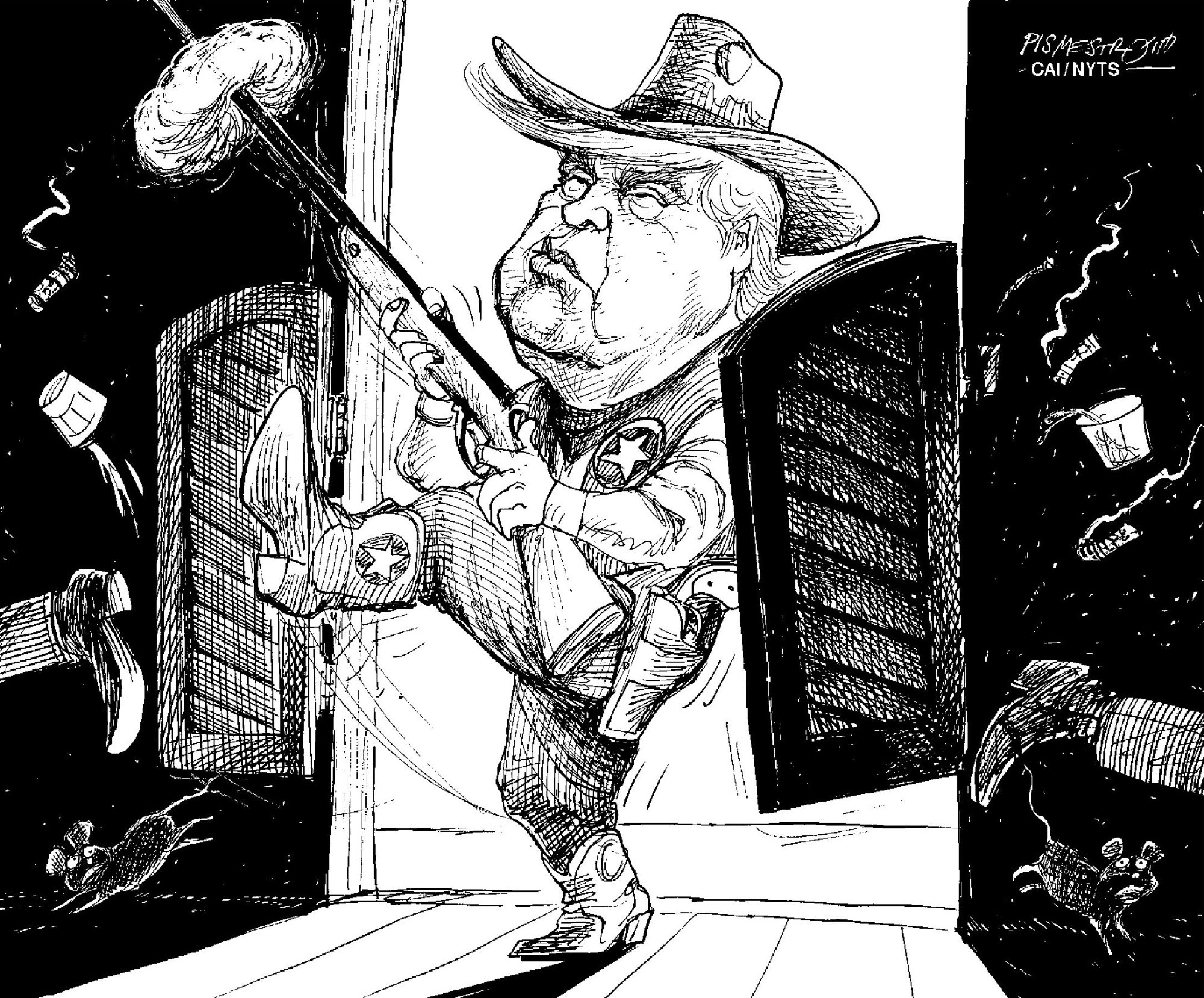One emerging theme of the Trump administration's foreign policy so far has been destabilization and surprise. President Donald Trump has used phone calls and tweets to shake up previously rock-solid relationships like those with Australia and Mexico. Traditional allies in Europe and Asia are worried about whether they can still rely on the United States for protection from Russia and China.
Changing the status quo in surprising ways can be an effective foreign policy strategy, as Russian President Vladimir Putin showed with the unexpected takeover of Crimea and his intervention in Syria.
But there's a key difference between Russia, a weakened power seeking to improve its position, and the U.S., the world's reigning superpower. Change and unpredictability favor rising powers. Continuity and predictability favor powers that are already dominant. What works for one kind of power won't work for the other.


















With your current subscription plan you can comment on stories. However, before writing your first comment, please create a display name in the Profile section of your subscriber account page.